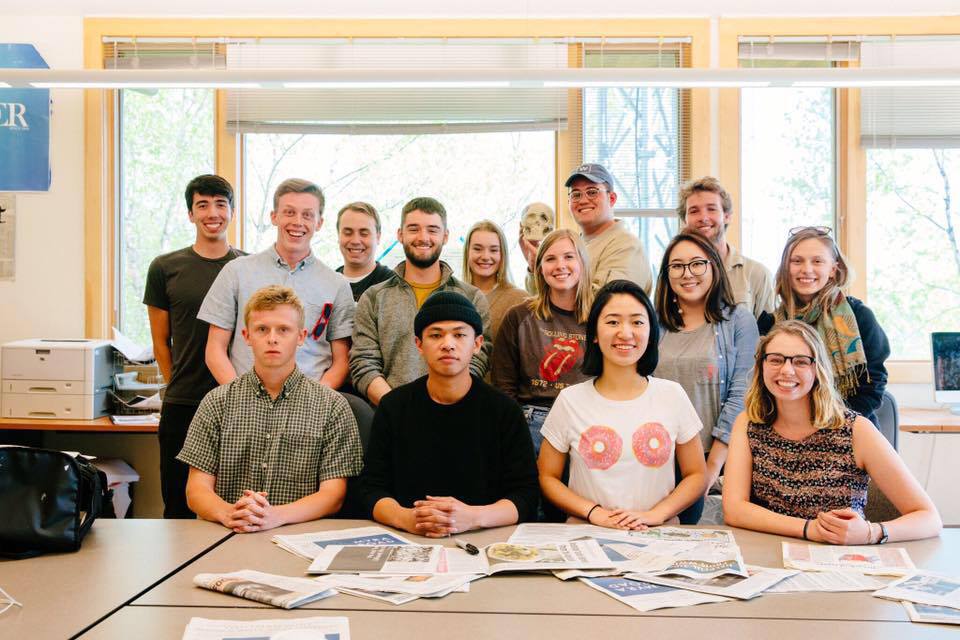Over the past three weeks, a team of Pioneer reporters has been working to shed light on the circumstances leading up to Jim Hanson’s decision to step down from his position as Director of Forensics. Our reporting included dozens of interviews, both on and off the record, with current debate students, administrators, faculty, trustees and college and debate alumni.
Since Hanson’s announcement, rumors and pieces of information about the reasons Hanson stepped down have been circulating throughout campus and the wider debate community. We hoped to be able to add a more thoroughly researched version of events as soon as possible following his announcement, but we also felt it was important to confirm stories and take the time required to present information from every possible angle.
We fully expect that some aspects of this story will be frustrating for many of the stakeholders and members of the Whitman community who have a vested interest in this issue. Because of laws governing the confidentiality of matters of employment, any issues relating directly to Hanson’s employment with the college cannot be publicly disclosed. In addition, while the college is free by law to share findings from Title IX investigations, as well as the concerns that motivated them (so long as the identity of complainants is protected), there is no law compelling Whitman to do so. To date, President George Bridges and Associate Dean of Students and Title IX Administrator Clare Carson have declined to provide The Pioneer with any specific information relating to the investigation itself, other than to confirm that it occurred and that it was prompted by a complaint about sexual assault on the team.
While writing this story, we faced the challenge of organizing and presenting a significant quantity of sometimes conflicting information. We opted to tell the story in three parts and to include as much as we could about the Title IX investigation itself, as well as perspectives and stories about the team’s culture and Hanson’s leadership. Our intention was to respect the truth of every individual’s experience, whether debate was a place where they felt unsafe, a positive and defining feature of their college life or something in between.
Critics of both debate team culture and the Whitman administration will likely find confirmation of their beliefs within some of the stories told to us, but it is our feeling, after reporting this story, that it defies a simple narrative. We hope that these articles can serve to further conversations occurring within the Whitman community about the future of the debate team, the college’s response to gendered discrimination and sexual assault, and administrative oversight and transparency.
Sincerely,
Shelly Le
Pioneer Editor-in-Chief
Rachel Alexander
2012-13 Pioneer Editor-in-Chief


